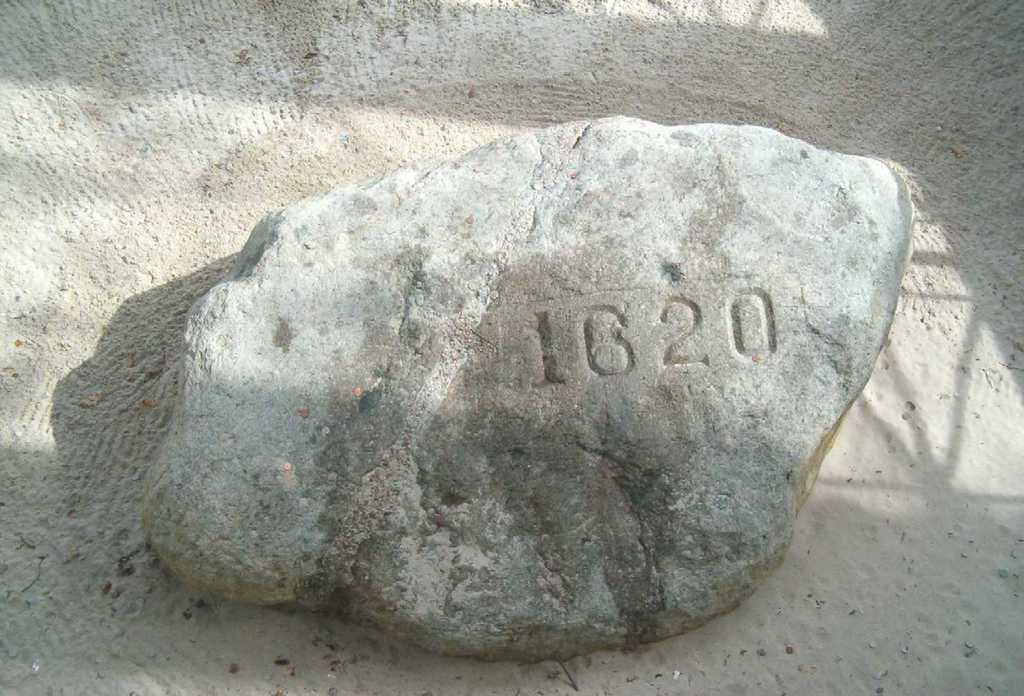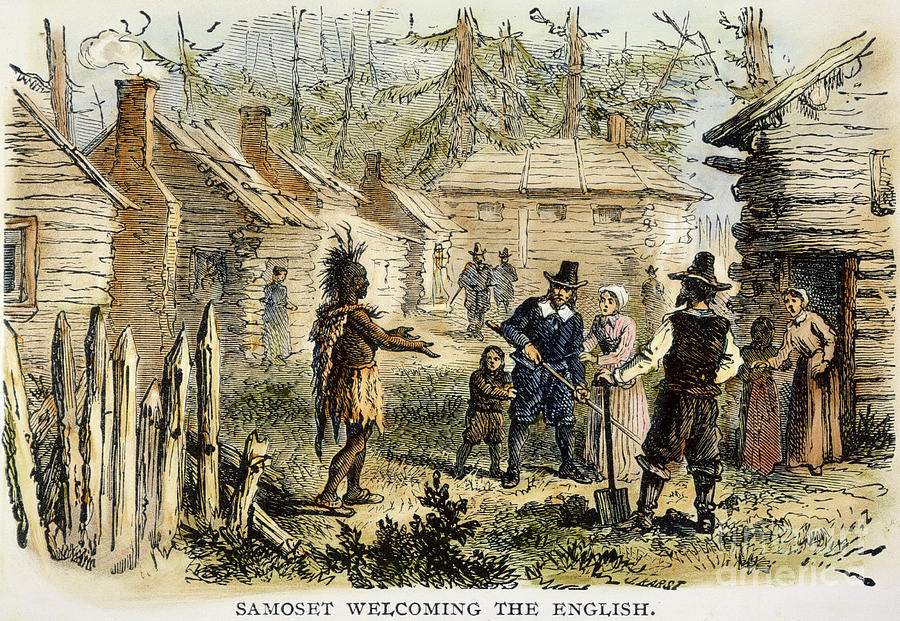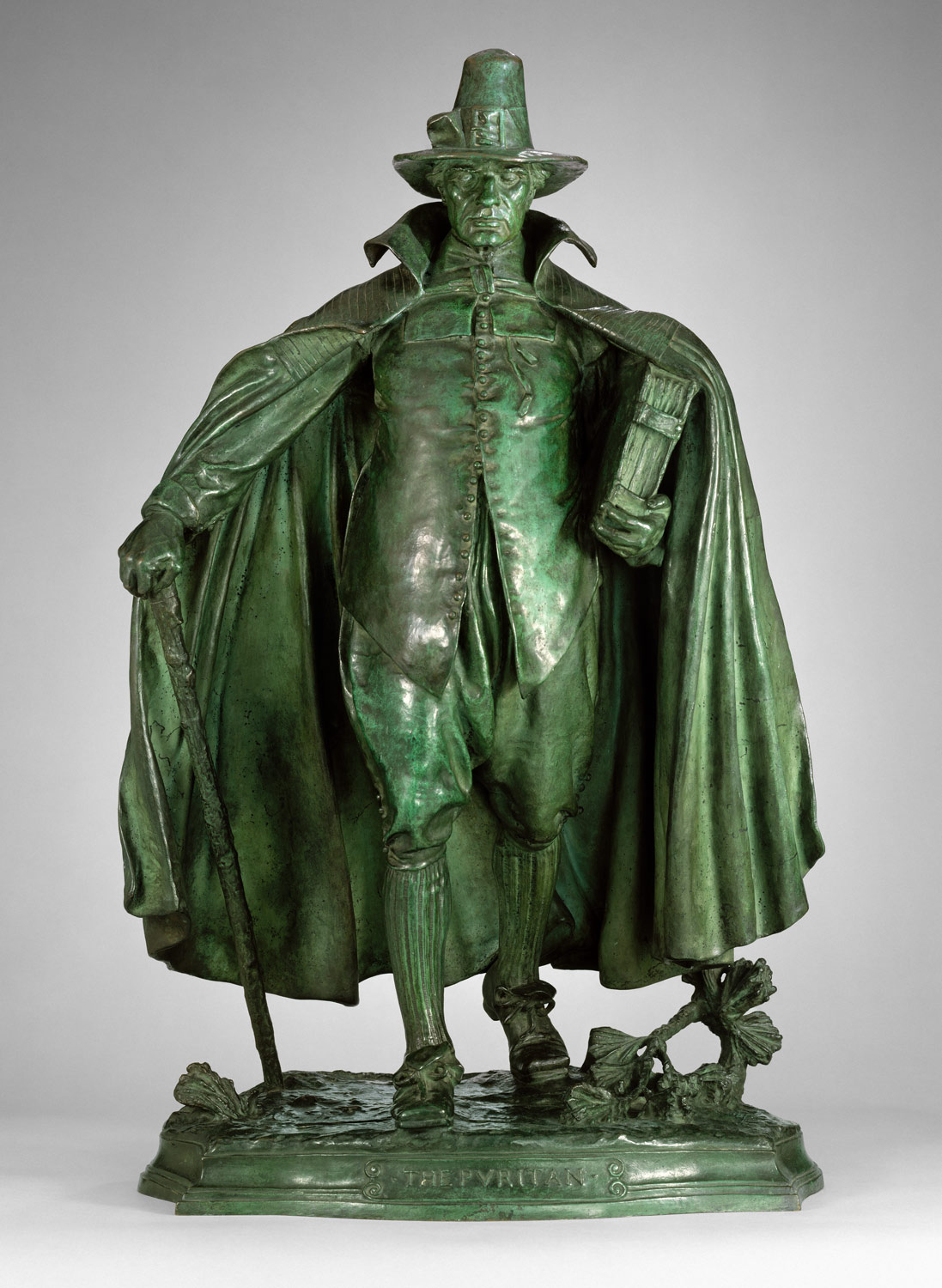“Neither was there any among them that lacked: for as many as were possessors of lands or houses sold them, and brought the prices of the things that were sold” Acts 4:34

Recently, the one-time “Newspaper of Record,” which in recent years has become the unofficial shill for the Military Industrial Complex, issued a supplement intended, both to assume the mantle of moral superiority, as well as to rewrite American history from the perspective of Identity Politics. The Sunday Times Magazine, thus dedicated an entire issue to virtue signaling, entitled “America 1619,” with its stated goal, “to reframe American history by considering what it would mean to regard 1619 as our nation’s birth year,” the year the first Blacks arrived at Jamestown.
To be sure, all those awful things the NYT describes that the southern Planter Class—the Slaveocracy—did, as well the northern Industrialists role in it, is quite true and bears remembering. But it was hardly all “whites” who foisted this on African Americans, but a small but powerful economic elite. However, if we are going to choose an arbitrary starting point for American history instead of the actual beginning point, all the while continuing to ignore the many regime-change wars and Oil Oligopoly sponsored mass murders which The Grey Lady has enabled in the last twenty years, I humbly propose that we choose instead the following year, 1620. This is the year when the first successful American Socialist commune was established along the coast of New England: the Plymouth Colony.
While the history of American Socialism is not exactly a deep secret, most Americans, even academics, have a very poor understanding of what it was.
In whatever manner or form one may regard Socialism, be it as a social, political or economic movement, the chances are good that you are wrong in your assumptions.
At best, most voters know by now that Bernie Sanders is far from being the first Socialist to appear on the American scene; but how far back does Socialist, much less Communist, economic behavior go?
—–Think it was begun by members of the American Communist Party in the 1930’s? They were outspoken, militant and slavishly devoted to Joe Stalin, and most people during the Cold War associated them with disloyalty and treason; but no, they were hardly the first or only ones to advocate some kind of socialist solution.
—–How About the Socialists active during Gilded Age and the early 1900’s? Well, there were a bunch of folks active in the late nineteenth and early twentieth century; they were instrumental in the early labor movement and as mayors of cities and congressmen they had a spotless reputation for honesty and good government; but no they were not the first. But when Woodrow Wilson, pseudo-Progressive and friend of the second Klu Klux Klan lied us into World War, the Socialist opposed him and their political rights were brutally and unconstitutionally suppressed, Guess again.
—–How About Socialism during the Civil War Era, were they first? You’re getting warmer. There were a whole bunch of people who espoused Socialism before and during the War and were active in Abolitionism as well. To a man they volunteered to fight for the Union and helped rescue our nation from disunion, disloyalty and slavery; but no, they weren’t the first, not by a longshot.
—–How About the Early decades of the Nineteenth Century, were there Socialists around during the Early Republic? Yes, there were and in addition to those espousing political ideas, many organized communes were established as bold social and intellectual experiments, reminiscent of the Hippie communes of the 1960’s. But no, sorry no brass ring; they weren’t the first.
OK. If you’re still with me, let me clue you in: not only is Socialism as American the Thanksgiving Turkey, its origins in America go back to the very first English settlements–assuming, of course, we don’t include Native Americans, who lived successfully in communities devoid of private property in North America, and practiced direct democracy going back to at least the Mesolithic Era.
It was, in fact, the earliest settlers of New England who first practiced Socialism, folk whom you may know as the Pilgrims. Curiously, most Socialist historians seem to ignore this important milestone (or Plymouth Rock, if you will), leaving it to any number of right wing Conservative Christian pundits to totally misrepresent what actually happened.
Actually, there were two groups of early settlers in New England, the ones we call Pilgrims (although they didn’t use that name) and the Puritans; the Plymouth Bay Colony and the Massachusetts Bay Colony respectively. According to my family’s genealogists, we can claim ancestors in both groups, although the lineage is a bit convoluted, (who knows, perhaps they said hullo! to Elizabeth Warren’s putative predecessors). Regardless, these early settlers are usually held up as models of the Protestant Work Ethic and cited as positive role models for the Capitalist Way, which is a popular lie you were, no doubt, fed in grade school.
Protestants they were, and pretty austere ones at that, but they also did something modern Bible thumpers rarely seem to do; they read all the passages of the Bible, not just the ones that were convenient or suited some media evangelist’s get rich quick gospel.
If you get deeply into both the Old and New Testaments, you will find quite a bit there that does not conform too well with modern notions of Capitalism and big business. The Bible contains things like, oh, a progressive income tax (OT), or, say, passages where it tells you to give all your possessions to the poor and follow Jesus (NT); stuff like that.
Eventually, of course, Mammon won out over Jehovah among the Puritans and they became prosperous smugglers, merchants, manufacturers, whalers, transporters of slaves and assorted other activities that made one filthy rich, but were not particularly good for the soul.
If you travel through New England, even today, you will still find at least one vestige of the region’s Socialist roots. Just about every little town or village has a “commons” and, of course, the Boston Commons is well known to residents of Beantown. Originally, every community’s land was held in “common” and used according to the town Elders’ dictates.
Across the state line in New York, the center of town is usually called the village “green” (as in “Tavern on the Green”), short for Bowling Green. Of course, the Dutch in New Amsterdam were fond of their bowling and would play Nine-Pins in the town square whenever weather allowed, while quaffing the product of a nearby inn or tavern. In Puritan New England, such merriment was strictly forbidden; hard work and prayer substituted for singing, dancing and gaming, although alcohol was still allowed in moderation.

When the first Pilgrims first arrived in 1620, they did not have an easy time of it. They did not arrive off the New England until November of that year, far too late for growing any crops and that first winter nearly half of the 102 colonists died.
Of more interest for our concern was the fact that, at first, everything that the colony produced was pooled together and held in the “common storehouse” at one end of the Plymouth settlement. This system was in force for the first couple of years, partly out of necessity: the colony was facing starvation for first few seasons, and more immigrants arrived by boat from England, but the extra mouths to feed were not accompanied by enough supplies to provide for them. The Plymouth colonists at one point were reduced to stealing parched corn from a local Indian tribe to avoid starving (they later made restitution, with apologies).

Local Native American leader Samoset welcomes the arriving Pilgrims. Living communally much like the Native Americans, the Pilgrims tried to deal fairly with the natives, in contrast to the “rugged individualism” of the Jamestown colonists, who were so busy hunting for gold they couldn’t be bothered to plant crops and at one point even turned to cannibalism.
This communal system did not sit well with some of the more able bodied males in the new colony: they had migrated in hopes of making a quick fortune in the New World in Virginia and perhaps join in on a pirate raid or two against Spanish treasure galleons, not sail along a frigid shore for religious reasons (these worldly folk were called “the Strangers” by the more godly) and had no desire to provide for other men’s wives and children when quick and easy riches were to be had with little work.
Eventually, in 1623, Governor Bradford and the English financiers of the enterprise abolished the system of the common storehouse and land was divided among settlers to farm as “families.” However, these families included all single unattached males, who greatly outnumbered the females, so the familial units, so-called, were not actually blood relations. The colony as a whole, moreover, still retained communal title to the land, even though it was farmed separately, and all the tools were still held collectively and doled out “each according to his need.” Meadowlands for the grazing of livestock were still managed in common, plus fishing, hunting and fowling rights were held in common as well, so the private property and individual ownership remained absent from Plymouth for some years.

As a City on a Hill
The story of the early days of the Massachusetts Bay Colony, (begun by the Puritans, a different religious sect than the Pilgrims), was not dissimilar to that of the Plymouth colony, save that they were even more austere and, well, more puritanical.
The Puritan colony was planned from the start as a theocracy. In theory, not man but God ruled the Puritan communities. This Utopian society was intended to be an example to the world–as Governor Winthrop put it, “as a city upon a hill”–and it was to be organized along socialist–albeit Biblical socialist–lines. While initially centrally planned and organized by the Puritan leaders in England, as the colony grew each new unit, or township, was set up as an individual community, semi-autonomous, and socialistic in its economic organization.
Each new township established by the Puritan elders had about six to ten square miles of land, effectively some 30 to 40 thousand acres, and each resident of a township had access to the common pasturage. There was no particular political ideology at work here, however; it was simply the best way to organize a Godly community and, in many cases, they were simply continuing the traditional open field system they’d known in the Old Country. The main difference was that in the New World they were working the fields in common for their own benefit, not for some oppressive lord or king. During the English Civil War, in the 1740’s and later, however, there were egalitarian Socialist groups, such as the Levelers, even more radical than the mainstream Puritans, who advocated an extreme communistic ideology.
As time went on, the virtues of the early Puritans gave way to un-elightened self-interest and greed. Regulating the fair and proper use of the common lands of the New England communities became more and more bothersome for beleaguered town elders constantly having to discipline those few who took more than their fair share.
In the end, the fact that most of the land in New England was ill suited to intensive farming probably had more influence on the breakdown of the Puritan’s Agrarian Socialism than the economic superiority of “Capitalism” (which didn’t yet exist) or any other economic theory.
Many frugal Yankees found that building ships and transporting goods across the open seas was far more rewarding than the backbreaking work of being a Jabez Stone-style farmer in a rock filled field. Moreover, it became a firm tenet of Puritan belief that material wealth was Jehovah’s way of rewarding the virtuous–and by the end of the seventeenth century, Yankee merchants had become very virtuous indeed.
But while greed ultimately triumphed over virtue in the Puritan heart, it should never be forgotten that the edifice of their later prosperity was firmly rooted upon the solid economic foundations which Puritan Socialism had lain. Moreover, during the early Republic, the Congregationalists—successors to both the Pilgrims and the Puritans–were one of a very few religious sects who fought hard against the evils of the Slavocracy, sometimes with their lives.
When taking in all the facts that modern schoolbooks leave out, the “City on a Hill” that is America, owes far more to early American Socialism in all its forms than most historians and popular pundits are still willing to concede.





